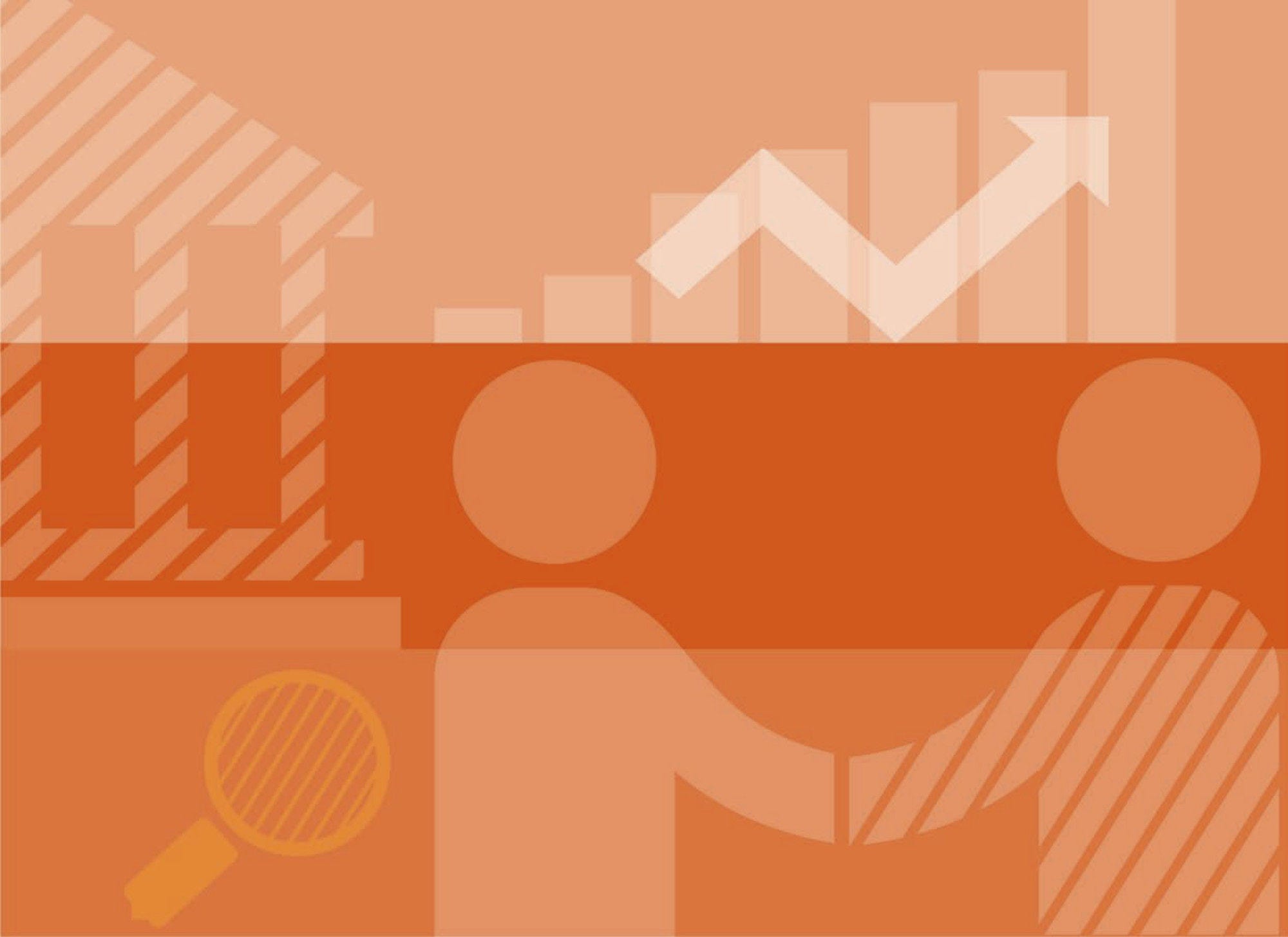The OECD Development Assistance Committee (DAC) conducts periodic reviews of the individual development co-operation efforts of DAC members. The policies, systems and programmes of each member are critically examined approximately once every five to six years, with five members reviewed annually.
The objectives of DAC peer reviews are to improve the quality and effectiveness of development co‑operation policies and systems, and to promote good development partnerships for greater impact on poverty reduction and sustainable development in developing countries. DAC peer reviews assess the performance of a given member and examine both policy and implementation. They take an integrated, system-wide perspective on the development co-operation and humanitarian assistance activities of the member under review.
The OECD Development Co-operation Directorate provides analytical support to each review and is responsible for developing and maintaining, in close consultation with the Committee, the methodology and analytical framework – known as the Reference Guide – within which the peer reviews are undertaken.
Following the submission of a memorandum by the reviewed member, setting out key policy, system and programme developments, the Secretariat and two DAC members designated as peer reviewers visit the member’s capital to interview officials, parliamentarians, as well as representatives of civil society and non‑governmental organisations and the private sector. This is followed by a field visit, where the team meet with the member and senior officials and representatives of the partner country or territory’s administration, parliamentarians, civil society, the private sector and other development partners. The main findings of these consultations and a set of recommendations are then discussed during a formal meeting of the DAC prior to finalisation of the report.
The Peer Review of Japan involved an extensive process of consultation with actors and stakeholders in Tokyo, Japan in November 2019, in Accra, Ghana in December 2019, and in Phnom Penh, Cambodia in January 2020. The resulting report contains the analytical report of the Secretariat and the main findings and recommendations of the DAC, which were approved on 17 September 2020.
The peer review took into account the political and economic context in Japan, to the extent that it shapes Japan’s development co-operation policies and systems.
Lower house elections in October 2017 and upper house elections in July 2019 secured a stable majority for the Liberal Democratic Party, led by Prime Minister Shinzo Abe. Since 2012, Prime Minister Abe has overseen the longest period of economic growth in Japan’s post-war history, which today has accelerated to a rate closer to that of OECD members based on a bold monetary policy, flexible fiscal policy and structural reforms. While the budget deficit fell from 8.3% of gross domestic product (GDP) in 2012 to 2.4% in 2018, public debt is the highest in the OECD at 226% of GDP. Japan faces several challenges, including rapid population ageing and high government debt. The latter will be compounded by stagnating exports, in particular to China, and increased government expenditure on health and long-term care of its ageing population. The government plans to achieve a primary deficit-to-GDP ratio of 2.1% by 2020 (2.9% in 2018) and to aid this by raising the consumption tax to 10% in October 2019, promising that there will be no further increases for a decade. Nevertheless, this raises significant challenges for increasing expenditure on official development assistance, which stood at 0.28% of Japan’s gross national income (GNI) in 2018.
Japan performs well on a number of measures of well-being in the OECD’s Better Life Index. It is ranked top for personal security, and rates for obesity and premature mortality are among the lowest across the OECD membership. Japan ranks above the OECD average for housing affordability and life expectancy, and Japanese students receive the highest score in the OECD in mathematics and science on the Programme for International Student Assessment (PISA) scale. Japan’s average stock of intellectual property assets and its investment in research and development are well above the OECD average. However, on measures of civic engagement, social connection and work-life balance Japan ranks lower than other OECD members.
The 2015 Development Cooperation Charter gives the Ministry of Foreign Affairs policy-making and co-ordinating roles related to development co-operation. The Japan International Cooperation Agency is responsible for implementing projects in 148 countries and the Ministry of Finance takes care of budgeting, including co-ordination with international financial institutions and ensuring the availability of resources for Japanese loans. The Ministry of Economy, Trade and Industry supports promotion and export of Japanese technology and quality infrastructure, and is engaged in creating good business environments in developing countries.
